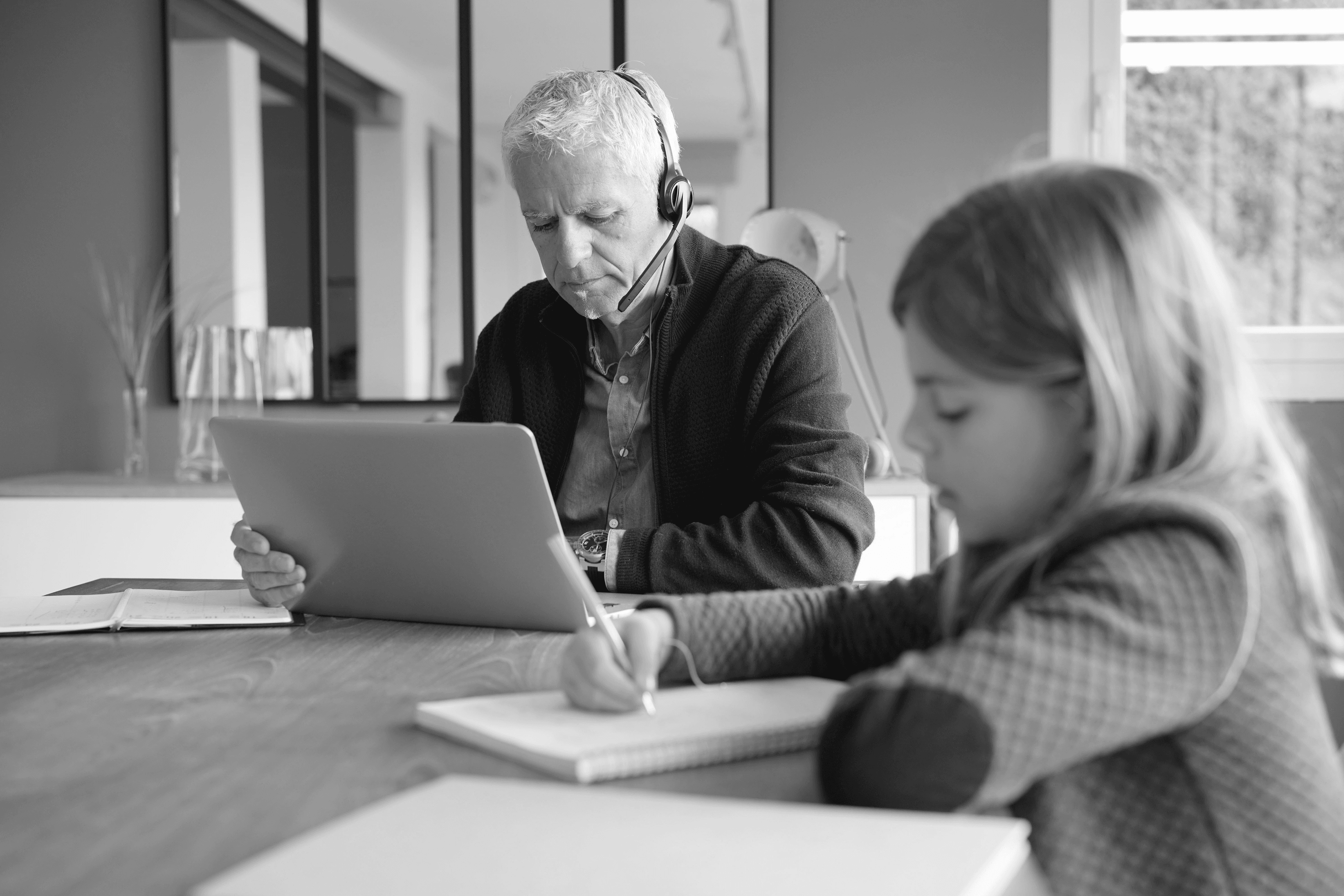Is climate change making work more dangerous in Europe?
Climate change is a reality in our everyday lives in Europe. Workers experience the effects of climate change and climate change policy in many ways, both directly and indirectly, from working in heat and experiencing greater exposure to UV radiation, to new occupational safety and health risks and the need for training and re-skilling.
In this episode of Eurofound Talks Mary McCaughey speaks with Eurofound researchers Agnès Parent-Thirion, Tina Weber and Jorge Cabrita about the extent to which climate change is already influencing working conditions and the labour market in Europe, the role of the green transition, and how policy can help protect workers and safeguard workplaces.
Listen to this episode
You can listen to this episode below or on the podcast platform of your choice.
Episode speakers
Mary McCaughey
Head of UnitMary McCaughey is Head of Information and Communication in Eurofound. A graduate of Trinity College, Dublin and the College of Europe, Bruges, she started work in Brussels with Europolitics and the Wall Street Journal Europe. She worked with the Association of European Parliamentarians with Africa (AWEPA) in South Africa during the country’s transition to democracy, and in 1998 she took up the post of spokesperson with the Delegation of the European Union in Pretoria, heading up its press and information department during the negotiation of the EU–South Africa free trade agreement. Following the end of the Kosovo War, she worked as a communications consultant for the European Agency for Reconstruction in Serbia. She took up the post of Editor-in-Chief in Eurofound in 2003.
Agnès Parent-Thirion
Senior research managerAgnès Parent-Thirion is a senior research manager in the Working Life unit at Eurofound, tasked with the planning, development and implementation of working conditions research projects, in particular the European Working Conditions Survey (EWCS) and its analyses. She is responsible for the EWCS 2021 extraordinary edition and for the preparation of the questionnaire for the EWCS 2024. Her research interests include working conditions, job quality, the monitoring of working conditions, work organisation, gender, the future of work and time. She has been working in the area of European comparative surveys for more than a decade, in all aspects including design, questionnaire development, fieldwork, quality control and analysis. She is a graduate in economics and management from Paris IX Dauphine and Paris I Panthéon Sorbonne universities and holds a Postgraduate Diploma in Statistics from Trinity College Dublin. She has recently completed online courses on artificial intelligence: inquiry-driven leadership with MIT Sloan Executive Education and ‘Les grand enjeux de la transition: re-ouvrir l'horizon, comprendre pour agir’ with the Campus de la Transition. Before joining Eurofound, she worked for a number of years in the European Commission.
Tina Weber
Senior research managerTina Weber is a senior research manager in Eurofound’s Working Life unit. Her work has focused on labour shortages, the impact of hybrid work and an ‘always on’ culture and the right to disconnect, working conditions and social protection measures for self-employed workers and the impact of the twin transitions on employment, working conditions and industrial relations. She is responsible for studies assessing the representativeness of European social partner organisations. She has also carried out research on European Works Councils and the evolution of industrial relations and social dialogue in the European Union. Prior to joining Eurofound in 2019, she worked for a private research institute primarily carrying out impact assessments and evaluations of EU labour law and labour market policies. Tina holds a PhD in Political Sciences from the University of Edinburgh which focussed on the role of national trade unions and employers’ organisations in the European social dialogue.
Jorge Cabrita
Senior research managerJorge Cabrita is a senior research manager in the Working Life unit. He is responsible for formulating, coordinating and managing European-wide research, and promoting the dissemination of findings in the areas of working conditions and industrial relations. His main research areas of interest include working conditions and job quality, working time and work–life balance, workers’ health and well-being, gender equality and the socioeconomic impacts of the transition to a climate-neutral economy. He is currently leading research on working time developments and on social dialogue and collective bargaining during the COVID-19 pandemic. Previously, he worked as a researcher at the Centre for Studies for Social Intervention and at the Research Centre on the Portuguese Economy of the Lisbon School of Economics, and as a trainer and consultant in the areas of strategic management, organisational communication, leadership and team building. He holds a BSc in Economics and an MSc in Socio-Organisational Systems of Economic Activity from the Lisbon School of Economics.
Recently published episode




)